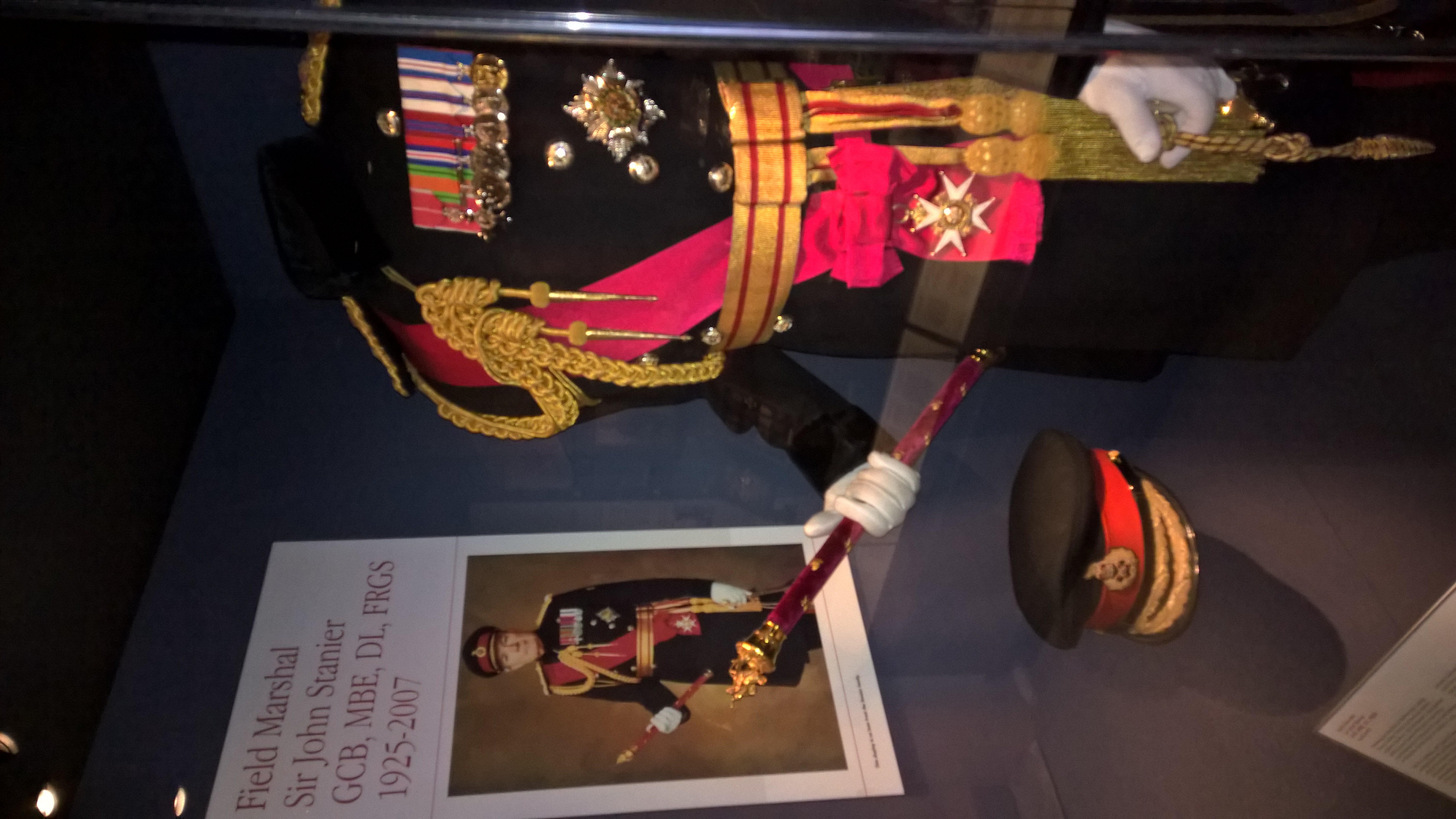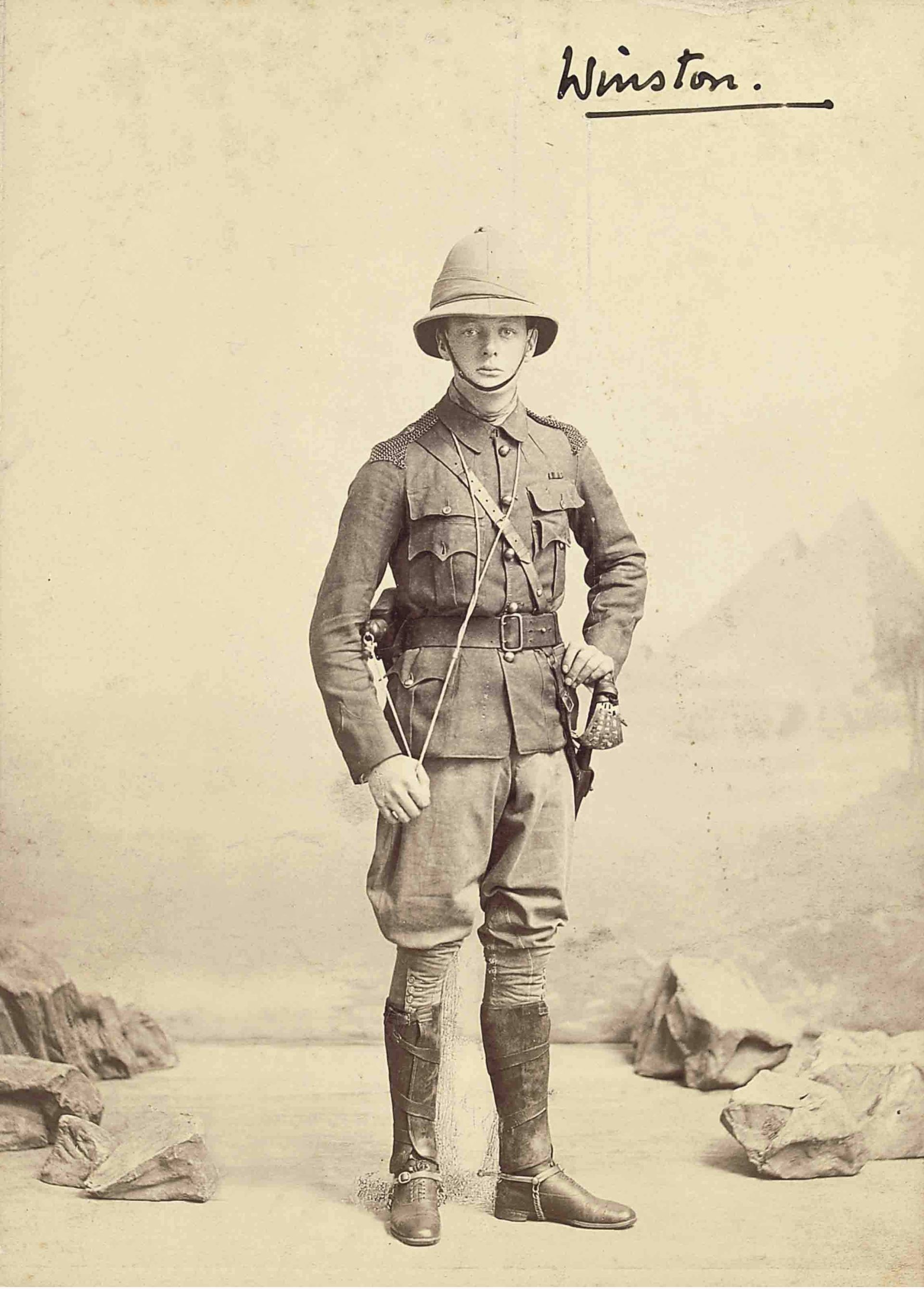|
Raymond Harvey Lodge Joseph De Montmorency
The Honourable Raymond Harvey Lodge Joseph de Montmorency VC (5 February 1867 – 23 February 1900) was a British recipient of the Victoria Cross (VC), the highest and most prestigious award for gallantry in the face of the enemy that can be awarded to British and Commonwealth forces. (Also considered a Canadian recipient due to his place of birth). Early life career De Montmorency was born in Montreal, Quebec, Canada, the eldest son and heir of Major-General Reymond de Montmorency, 3rd Viscount Frankfort de Montmorency, Representative Peer of Ireland, who served in the Crimean War, the Indian Rebellion, Abyssinia and the Mahdist War, and his wife Rachel Mary Lumley Godolphin Michel, daughter of Field Marshal Sir John Michel. He was commissioned a second lieutenant in the Lincolnshire Regiment on 14 September 1887, and transferred to the 21st Lancers as he was promoted to lieutenant on 6 November 1889. Details of Victoria Cross De Montmorency was 31 years old, and a lie ... [...More Info...] [...Related Items...] OR: [Wikipedia] [Google] [Baidu] |
The Honourable
''The Honourable'' (British English) or ''The Honorable'' (American English; see spelling differences) (abbreviation: ''Hon.'', ''Hon'ble'', or variations) is an honorific style that is used as a prefix before the names or titles of certain people, usually with official governmental or diplomatic positions. Use by governments International diplomacy In international diplomatic relations, representatives of foreign states are often styled as ''The Honourable''. Deputy chiefs of mission, , consuls-general and consuls are always given the style. All heads of consular posts, whether they are honorary or career postholders, are accorded the style according to the State Department of the United States. However, the style ''Excellency'' instead of ''The Honourable'' is used for ambassadors and high commissioners. Africa The Congo In the Democratic Republic of the Congo, the prefix 'Honourable' or 'Hon.' is used for members of both chambers of the Parliament of the Democratic Repu ... [...More Info...] [...Related Items...] OR: [Wikipedia] [Google] [Baidu] |
Field Marshal (United Kingdom)
Field Marshal (FM) has been the highest rank in the British Army since 1736. A five-star rank with NATO code OF-10, it is equivalent to an Admiral of the Fleet (Royal Navy), Admiral of the Fleet in the Royal Navy or a Marshal of the Royal Air Force in the Royal Air Force (RAF). A Field Marshal's insignia consists of two crossed batons surrounded by yellow leaves below St Edward's Crown. Like Marshals of the RAF and Admirals of the Fleet, Field Marshals traditionally remain officers for life, though on half-pay when not in an appointment. The rank has been used sporadically throughout its history and was vacant during parts of the 18th and 19th centuries (when all former holders of the rank were deceased). After the Second World War, it became standard practice to appoint the Chief of the General Staff (United Kingdom), Chief of the Imperial General Staff (later renamed Chief of the General Staff (United Kingdom), Chief of the General Staff) to the rank on his last day in the post. ... [...More Info...] [...Related Items...] OR: [Wikipedia] [Google] [Baidu] |
Battle Of Stormberg
The Battle of Stormberg was the first British defeat of Black Week, in which three successive British forces were defeated by Boer irregulars in the Second Boer War. Background When the British first drew up a plan of campaign against the Boer republics, it was intended that the 3rd Division commanded by Major General William Forbes Gatacre would secure the area known as the Cape Midlands, immediately south of the Orange Free State, in preparation for an advance along the railway running from Cape Town to Bloemfontein. In the event, many of the division's troops had to be diverted to Natal after disasters there, and Gatacre's reduced force arrived late. By the time they were ready to take the field, Boers from the Orange Free State had already seized the important railway junction of Stormberg. Gatacre heard of the loss of Stormberg on 8 December at Graaff Reinet. He determined to make an immediate counterattack to recover the place. A force of 3,000 was to be taken by train to ... [...More Info...] [...Related Items...] OR: [Wikipedia] [Google] [Baidu] |
Captain (British Army)
Captain (Capt) is a junior officer rank of the British Army and Royal Marines and in both services it ranks above lieutenant and below major with a NATO ranking code of OF-2. The rank is equivalent to a lieutenant in the Royal Navy and to a flight lieutenant in the Royal Air Force. The rank of captain in the Royal Navy is considerably more senior (equivalent to the Army/RM rank of colonel) and the two ranks should not be confused. In the 21st-century British Army, captains are often appointed to be second-in-command (2IC) of a company or equivalent sized unit of up to 120 soldiers. History A rank of second captain existed in the Ordnance at the time of the Battle of Waterloo. From 1 April 1918 to 31 July 1919, the Royal Air Force maintained the junior officer rank of captain. RAF captains had a rank insignia based on the two bands of a naval lieutenant with the addition of an eagle and crown above the bands. It was superseded by the rank of flight lieutenant on the followin ... [...More Info...] [...Related Items...] OR: [Wikipedia] [Google] [Baidu] |
Paul Aloysius Kenna
Brigadier General Paul Aloysius Kenna, VC, DSO (16 August 1862 – 30 August 1915) was an English-born British Army officer of Irish descent and recipient of the Victoria Cross (VC), the highest and most prestigious award for gallantry in the face of the enemy that could be awarded to British and British Empire forces. He also competed at the 1912 Summer Olympics. Background He was the son of James Kenna, of Liverpool, who was descended from a family of minor gentry from County Meath. Kenna was educated at St. Augustine's College in Ramsgate, Stonyhurst College and St. Francis Xavier College in Liverpool - he is honoured in a memorial which can be seen in the main hall of the current college site in Beaconsfield Road, Liverpool and by a plaque and a portrait at Stonyhurst. Military service and Victoria Cross Kenna was commissioned into the British Army as a lieutenant in the 21st Lancers (Empress of India's) on 25 August 1886, and promoted to captain on 12 July 1895. He was 3 ... [...More Info...] [...Related Items...] OR: [Wikipedia] [Google] [Baidu] |
Sudan
Sudan ( or ; ar, السودان, as-Sūdān, officially the Republic of the Sudan ( ar, جمهورية السودان, link=no, Jumhūriyyat as-Sūdān), is a country in Northeast Africa. It shares borders with the Central African Republic to the southwest, Chad to the west, Egypt to the north, Eritrea to the northeast, Ethiopia to the southeast, Libya to the northwest, South Sudan to the south and the Red Sea. It has a population of 45.70 million people as of 2022 and occupies 1,886,068 square kilometres (728,215 square miles), making it Africa's List of African countries by area, third-largest country by area, and the third-largest by area in the Arab League. It was the largest country by area in Africa and the Arab League until the 2011 South Sudanese independence referendum, secession of South Sudan in 2011, since which both titles have been held by Algeria. Its Capital city, capital is Khartoum and its most populated city is Omdurman (part of the metropolitan area of Khar ... [...More Info...] [...Related Items...] OR: [Wikipedia] [Google] [Baidu] |
Battle Of Omdurman
The Battle of Omdurman was fought during the Anglo-Egyptian conquest of Sudan between a British–Egyptian expeditionary force commanded by British Commander-in-Chief (sirdar) major general Horatio Herbert Kitchener and a Sudanese army of the Mahdist State, Mahdist Islamic State, led by Abdullah al-Taashi, the successor to the self-proclaimed Mahdi, Muhammad Ahmad. The battle took place on 2 September 1898, at Kerreri, north of Omdurman in Sudan. Following the establishment of the Mahdist Islamic State in Sudan, and the subsequent threat to the regional status quo and to British-occupied Egypt, the British government decided to send an expeditionary force with the task of overthrowing the Khalifa. The commander of the force, Sir Herbert Kitchener, was also seeking revenge for the death of Charles George Gordon, General Gordon, killed when a Mahdist army had Siege of khartoum, captured Khartoum thirteen years earlier. On the morning of 2 September, some 35,000–50,000 Sudanese ... [...More Info...] [...Related Items...] OR: [Wikipedia] [Google] [Baidu] |
Sudan Campaign
The Mahdist War ( ar, الثورة المهدية, ath-Thawra al-Mahdiyya; 1881–1899) was a war between the Mahdist Sudanese of the religious leader Muhammad Ahmad bin Abd Allah, who had proclaimed himself the "Mahdi" of Islam (the "Guided One"), and the forces of the Khedivate of Egypt, initially, and later the forces of Britain. Eighteen years of war resulted in the nominally joint-rule state of the Anglo-Egyptian Sudan (1899–1956), a ''de jure'' condominium of the British Empire and the Kingdom of Egypt in which Britain had ''de facto'' control over the Sudan. The Sudanese launched several unsuccessful invasions of their neighbours, expanding the scale of the conflict to include not only Britain and Egypt but also the Italian Empire, the Congo Free State and the Ethiopian Empire. The British participation in the war is called the Sudan campaign. Other names for this war include the Mahdist Revolt, the Anglo–Sudan War and the Sudanese Mahdist Revolt. Background Followin ... [...More Info...] [...Related Items...] OR: [Wikipedia] [Google] [Baidu] |
21st Lancers (Empress Of India's)
The 21st Lancers (Empress of India's) was a cavalry regiment of the British Army, raised in 1858 and amalgamated with the 17th Lancers in 1922 to form the 17th/21st Lancers. Perhaps its most famous engagement was the Battle of Omdurman, where Winston Churchill (then an officer of the 4th Hussars), rode with the unit. History Formation The regiment was originally raised in Bengal by the East India Company in 1858 as the 3rd Bengal European Light Cavalry, for service in the Indian Rebellion. As with all other "European" units of the Company, it was placed under the command of the British Crown in 1858, and formally moved into the British Army in 1862, when it was designated as a hussar regiment and titled the 21st Regiment of Hussars. A detachment saw service in the 1884–5 expedition to the Sudan, with the Light Camel Regiment. In 1897 it was re-designated as a lancer regiment, becoming the 21st Lancers. The Indian origin of the regiment was commemorated in its "French grey ... [...More Info...] [...Related Items...] OR: [Wikipedia] [Google] [Baidu] |
Lieutenant
A lieutenant ( , ; abbreviated Lt., Lt, LT, Lieut and similar) is a commissioned officer rank in the armed forces of many nations. The meaning of lieutenant differs in different militaries (see comparative military ranks), but it is often subdivided into senior (first lieutenant) and junior (second lieutenant and even third lieutenant) ranks. In navies, it is often equivalent to the army rank of captain; it may also indicate a particular post rather than a rank. The rank is also used in fire services, emergency medical services, security services and police forces. Lieutenant may also appear as part of a title used in various other organisations with a codified command structure. It often designates someone who is " second-in-command", and as such, may precede the name of the rank directly above it. For example, a "lieutenant master" is likely to be second-in-command to the "master" in an organisation using both ranks. Political uses include lieutenant governor in various g ... [...More Info...] [...Related Items...] OR: [Wikipedia] [Google] [Baidu] |


